Indie Filmmaker Adam Volerich
Indie filmmaker Adam Volerich sits down with Potent to discuss his latest film, 'Board.'
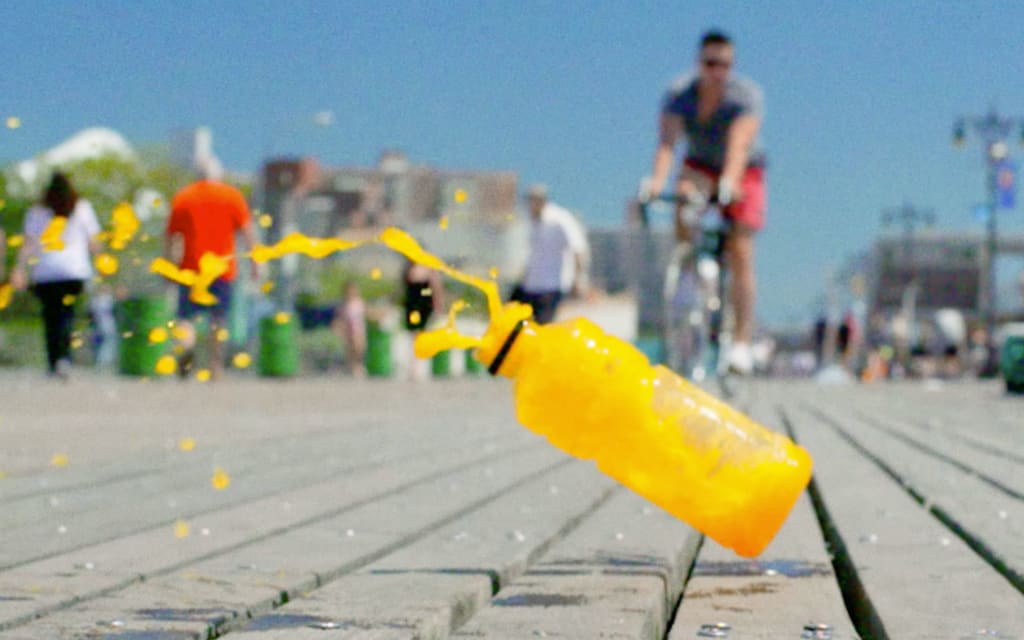
Adam Volerich is a NYC indie filmmaker with a slight British accent. When he's not creating films, he searches for Sasquatch and collects Blu-ray DVDs. And when he's not doing that—well—he's in the editing room making what us mere mortals perceive as visual magic. Volerich's latest film, Board, follows pot-dealing Ricky after his stash has been stolen by a shady client, which thrusts him into a hazy journey to the mystical land of Coney Island. While it is a visual adventure, it is also a tale of humanity and the everyday. The film features a soundtrack blessed by the magical fingers of Michael Cera; all I have to say is, "Dude, where's my stash?"
Potent: So, have you found Sasquatch yet?
Volerich: I have not (laughs). The bio on my website states that, “when not watching or making movies, I’m searching for Sasquatch.” Sasquatch is one of those urban legends that I find truly fascinating. The people that believe in him fascinate me even further. On the surface, Sasquatch hunters are a bunch of weirdos who search the American woodlands looking for a massively tall, hairy monster. But essentially, they’re a group of people who are looking for something they believe will answer questions they have about the universe.
So while I’m not “literally” searching for Sasquatch, I'm poking fun at my own endless existential angst— because if you’re going to work or be friends with me, you’re going to have to deal with that angst at some point.
What drew you to a career in filmmaking?
In college I started off studying literature and writing, hoping to pursue a career as a novelist. However, early on I realized that I didn’t have the patience for that career, and that I needed the (relatively) instant gratification of a finished product that represented some form of personal creative expression.
After I discovered the filmmaking community on Vimeo and YouTube, I saw that if I learned how to use a camera, and I wrote short scripts instead of prose, I would be able to say something about myself, the world, and actually get to share the fruits of that labor quickly. I worked really hard on improving those skills for my own artistic needs, and now filmmaking is a way I support myself—which I’ve been doing since I graduated college.
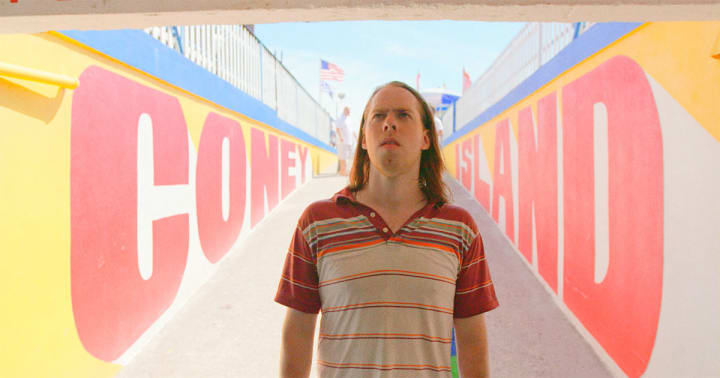
Tell us about the inspiration for your latest film, Board.
Board is an explosion. I’m proud of the last few films I wrote and directed, but they’re all either very personal or very dark. I knew with this film that I wanted to depart completely from any kind of personal story or deeply dramatic subject matter and just make something that would not only be fun to watch, but also fun to work on.
Board is an arthouse stoner action comedy, which sounds ridiculous... but I think that categorization makes a lot of sense when you watch the film. It’s the closest thing to a straight comedy that I’ve ever made.
The main character of Ricky definitely came from my obsession with the trope of “stupid criminals.” There’s something inherently slap-stick-y about them that appeals to me. I love that their worldview is so narrow that even the slightest minor incident can be blown up into an entire film.
I loved the scene where Ricky is surrounded by a substantial amount of smoke. Was that difficult to create from a technical standpoint?
That was so much fun! All of the scenes in the apartment were a joy to shoot because—unlike the Coney Island scenes—we had no fear of getting kicked out of our location. We had the opportunity to really take our time, get as much coverage as we wanted, and let the actors improv and play with each other. We then further maximized our time by pre-lighting those scenes the day before production.
All of our effects were done practically on-camera, and they were much easier than I thought they’d be. We used a cheap little lens to create the blurry edges of the frame. Then we set up a fairly small smoke machine and shone lights with colored gels through it. I also got synthetic/fake weed for my actors Russell, Sean, and Kevin to smoke. Yes—synthetic. I needed them to blow a large amount of smoke at each other without them getting high or sick. Plus, it added another layer to the atmosphere of the scene.
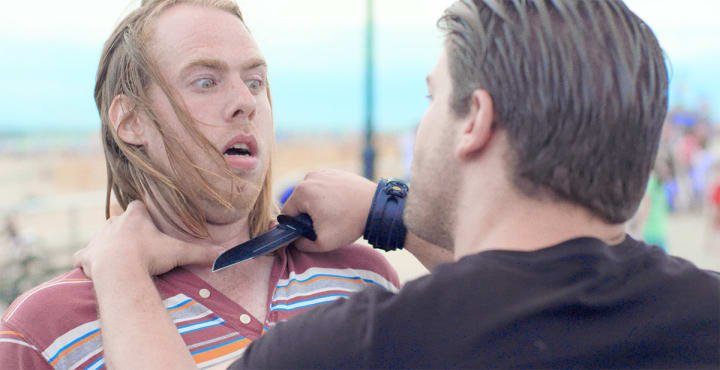
Tell us about your production company, Magnalux Pictures.
Magnalux Pictures was formed in 2013 by Dominick Nero and myself. We both attended Rutgers University, and after graduation we started working for the same company doing corporate videography. Having already collaborated during school, we decided to form a team and start working together on films—commercial, corporate, and creative. Since then, we’ve produced 13 short films (which have screened in over 20 festivals), countless corporate videos, and created content that’s been featured on websites like The New York Times, Gothamist, The AV Club, Vanity Fair, One Perfect Shot, Gizmodo, and the Village Voice. We’ve also expanded our team, improved our equipment offerings, and specialized our skill sets to be more effective as filmmakers and more competitive in the commercial landscape.
My favorite film that Magnalux has done is usually the one we've just finished making—so right now I’m going to say Board. However, my favorite memory will always be from Magnalux's first film—The Pizza. Dom and I shot it entirely alone over the course of one night. It’s cute and silly but also really heartfelt, honest, and quite visually satisfying. By the end of the shoot, all we wanted to do was eat the prop (the pizza), but it had gotten so gross in transit that we had to toss it out and call it a night. I think we went out for a whiskey afterward. I’m not quite sure. But I’ll never forget the fire I felt in my belly while we were shooting it. It felt like the start of something.
What’s the best life and career advice you’ve been given?
The best advice I’ve ever received is also the worst advice I’ve ever received: “Don’t give up.” It’s kind of a bullshit cop-out to the question, but it’s also really honest and real.
On one hand it’s totally accurate; the only way to ensure failure is to not even try. But it’s also the collective’s way of saying, “Look, man—there’s no one thing I can tell you right now that’s gonna blow your mind and fix all your problems." I think that as young creatives we need to hear that. We need to understand that there is no hidden secret sauce that will help you make it. It’s just hard work, perseverance, talent, luck, and more hard work.
Once a year I totally lose my mind, watch a bunch of cop shows, and debate quitting film to join the police academy. If it weren’t for all the great filmmakers, friends, and loved ones around me, I probably would have done it already. Film is war. And if you have to be in the trenches, it’s a lot more bearable if your friends are there, too.
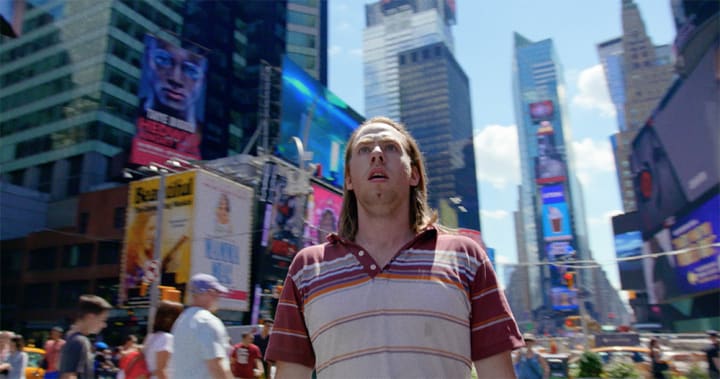
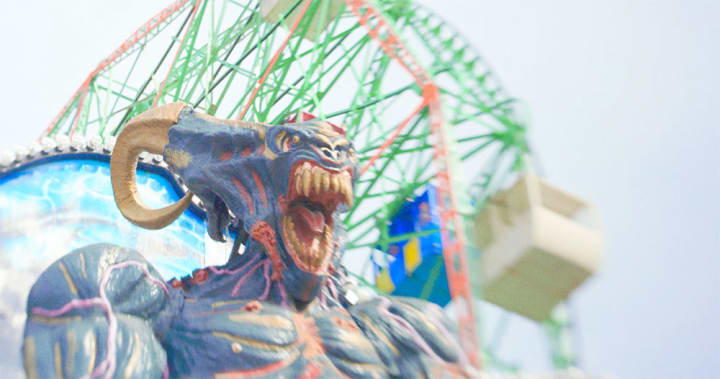
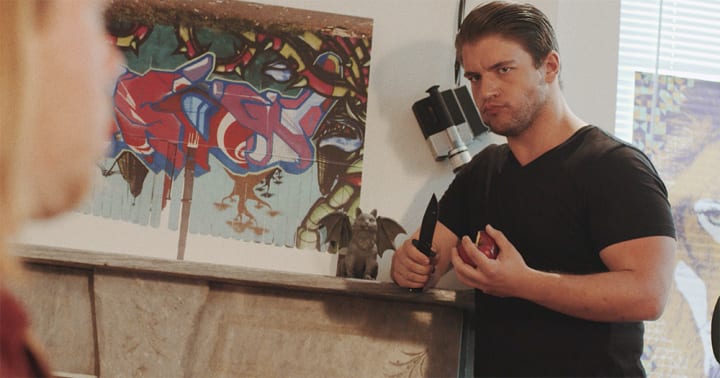
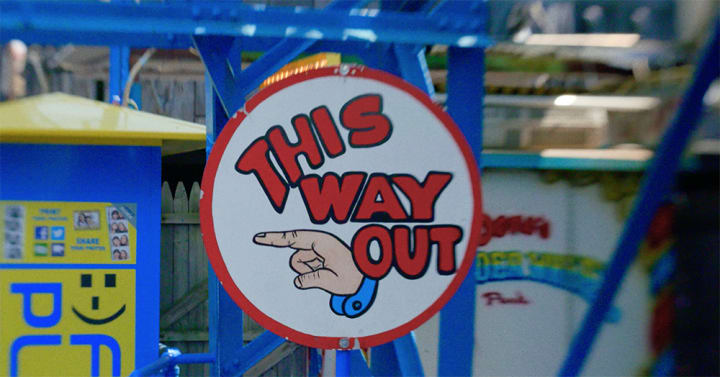
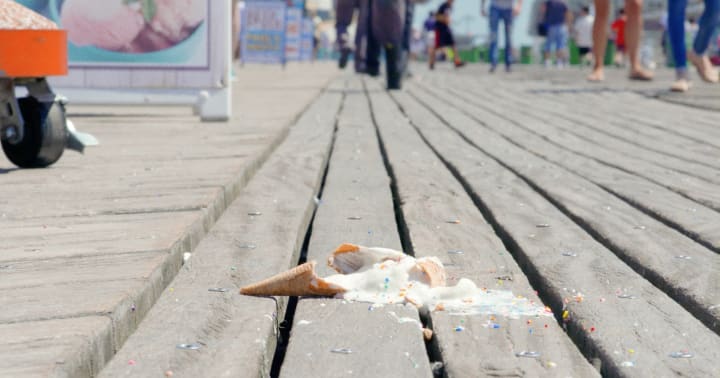
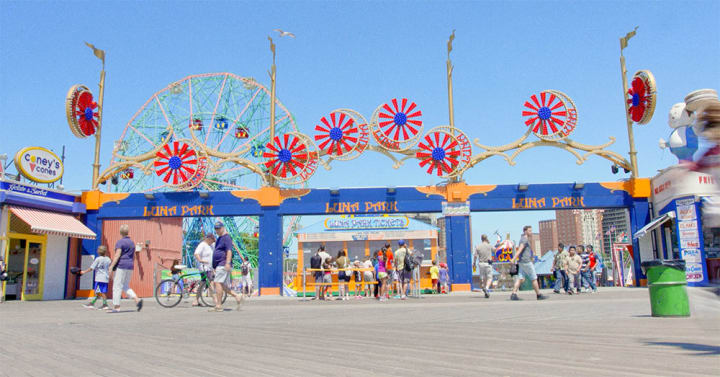
About the Creator
Natasha Sydor
brand strategy @ prime video
Enjoyed the story? Support the Creator.
Subscribe for free to receive all their stories in your feed. You could also pledge your support or give them a one-off tip, letting them know you appreciate their work.






Comments
There are no comments for this story
Be the first to respond and start the conversation.